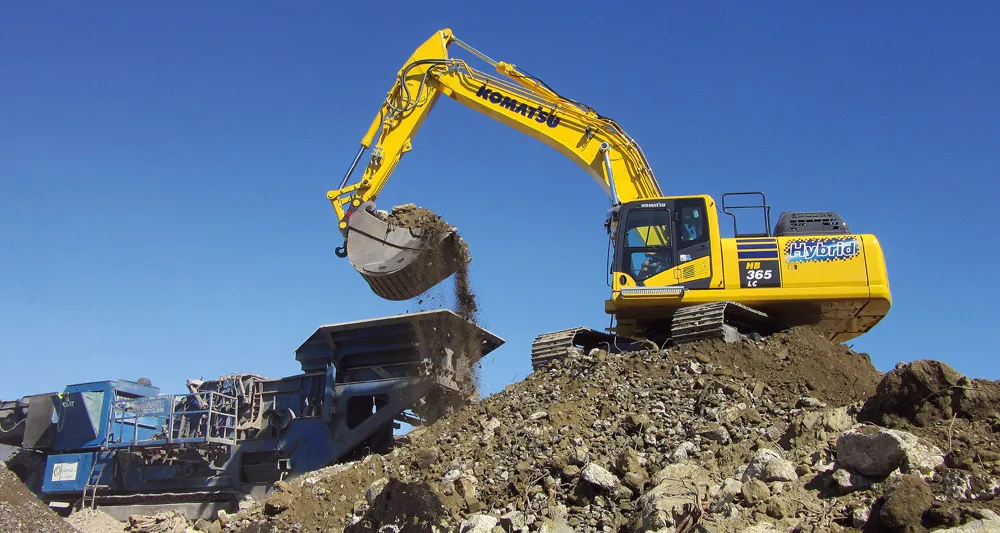A new report suggests that Europe could improve economic growth and create much-needed jobs by developing technological innovations for transportation. The report is entitled Fuelling Europe’s Future: How auto innovation leads to EU jobs. This study was produced by a consortium of transport sector stakeholders. It suggests that innovation in the automotive sector would boost growth prospects and create anything from 500,000-1,100,000 additional jobs between now and 2030. This innovation could also help redu
June 27, 2013
Read time: 2 mins

A new report suggests that Europe could improve economic growth and create much-needed jobs by developing technological innovations for transportation. The report is entitled Fuelling Europe’s Future: How auto innovation leads to 3287 EU jobs. This study was produced by a consortium of transport sector stakeholders. It suggests that innovation in the automotive sector would boost growth prospects and create anything from 500,000-1,100,000 additional jobs between now and 2030. This innovation could also help reduce dependence on imported fossil fuels by improving fuel efficiency of the vehicle fleet in Europe. According to the report, savings on fuel could range from €58-€83 billion/year to the EU economy by 2030. This change would also help mitigate climate change as well as providing an economic boost. The report was produced jointly by a consortium of transport sector organisations comprising: CLEPA, EAA, ECF, EURELECTRIC, EUROBAT, 3500 General Electric, IndustriAll Europe, 2454 Nissan, RAP, SSE, T&E and ZERO. Meanwhile technical analysis was carried out by Ricardo-AEA and economic modelling by Cambridge Econometrics.
Technologies envisaged include further developments in hybrid systems for internal combustion engine vehicles, as well as optimised and integrated combustion and transmission advances. Other advances would be in electric vehicles with longer range and longer battery life, as well as additional power system technologies such as hydrogen-fuel cell drives. Reducing fuel consumption and making a switch to a combination of optimised hybrid vehicles and battery electric or fuel cell vehicles could deliver CO2 emission cuts as high as 64-97% by 2050. This last move would also improve air quality and reduce risks to health by cutting particulate emissions by 73-95% by 2050. But skill shortages may develop in the auto sector according to this report, suggesting that the industry and academic institutions as well as government will need to plan for this new technological move.
Technologies envisaged include further developments in hybrid systems for internal combustion engine vehicles, as well as optimised and integrated combustion and transmission advances. Other advances would be in electric vehicles with longer range and longer battery life, as well as additional power system technologies such as hydrogen-fuel cell drives. Reducing fuel consumption and making a switch to a combination of optimised hybrid vehicles and battery electric or fuel cell vehicles could deliver CO2 emission cuts as high as 64-97% by 2050. This last move would also improve air quality and reduce risks to health by cutting particulate emissions by 73-95% by 2050. But skill shortages may develop in the auto sector according to this report, suggesting that the industry and academic institutions as well as government will need to plan for this new technological move.






